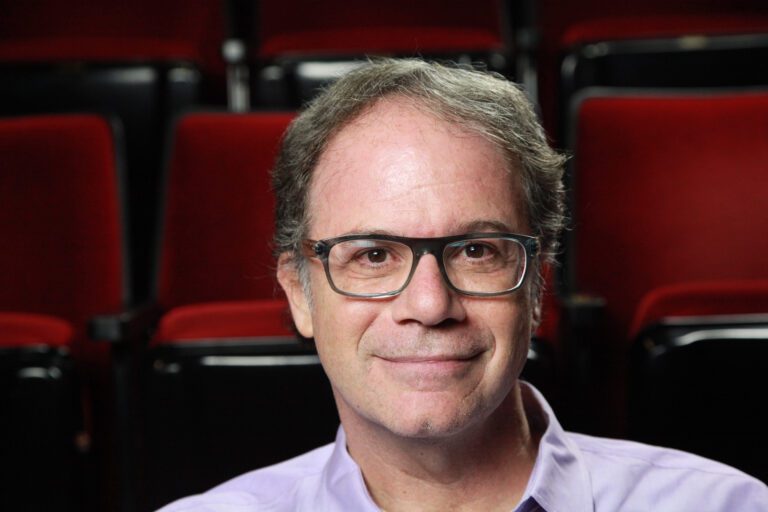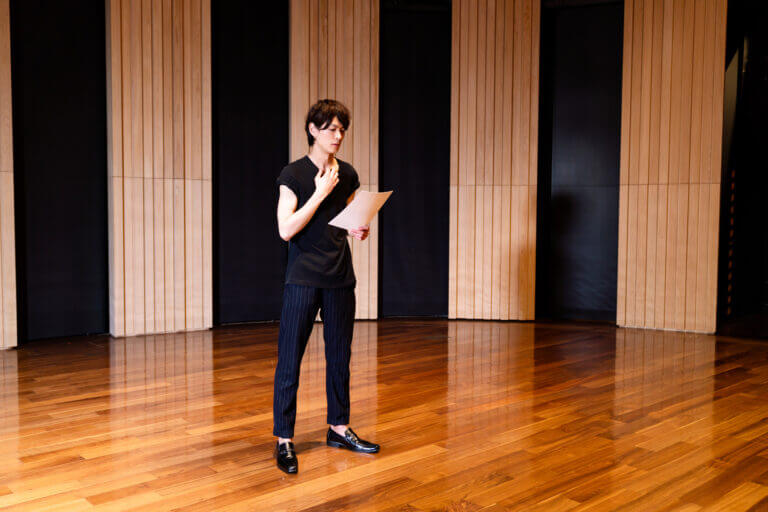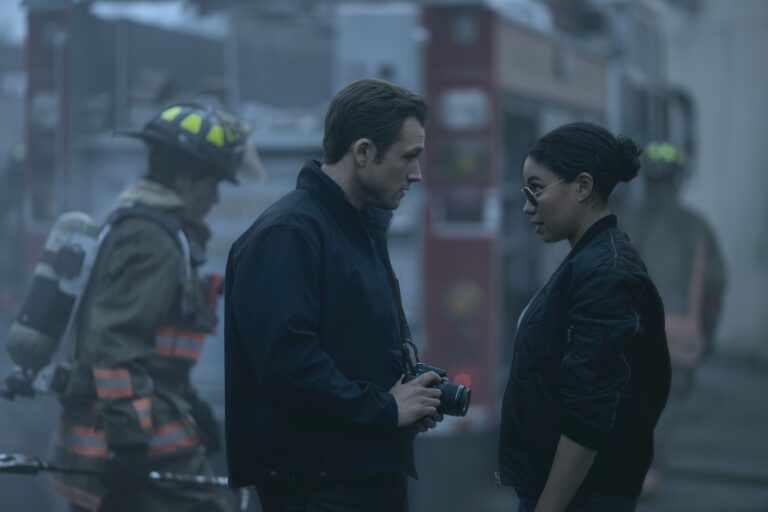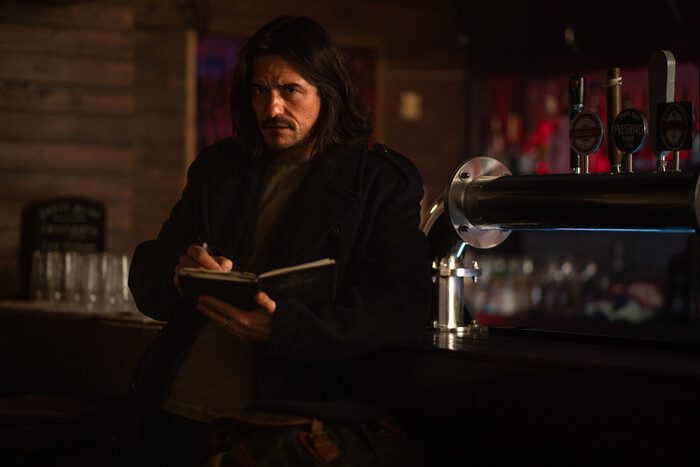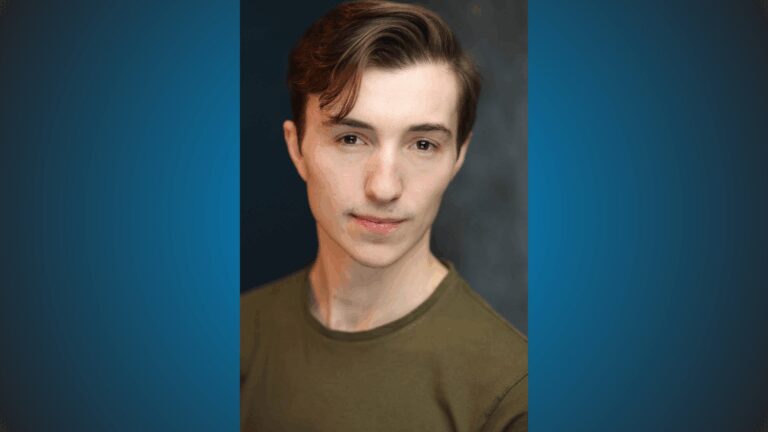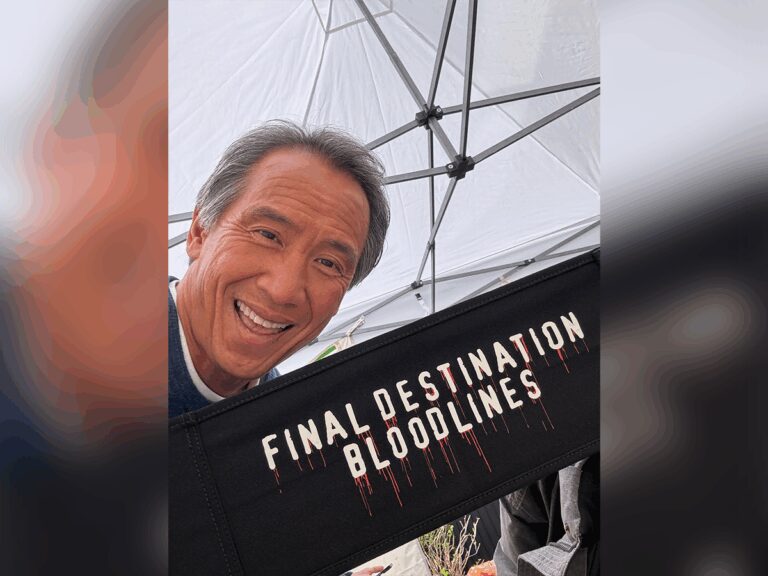At some point in your life, odds are that you’ve seen a movie with Eric Roberts in it.
According to IMDb, only six other actors have more credits than he does. Three of those are Bollywood stars, and the other three are primarily voiceover talent. This means that no one in the history of Hollywood has appeared onscreen more times than he has. At least, no one since the introduction of talkies.
Since his breakout in the 1978 drama King of the Gypsies, he pretty much hasn’t stopped working. This year alone, he has over 50 credits, thanks to the philosophy that he and his wife and manager Eliza follow: work as much as you can, for as long as you can. It has taken him all over the world and allowed him to work with some of the best filmmakers who ever lived.
Last month saw the release of his memoir, Runaway Train: Or, The Story of My Life So Far, written with Sam Kashner, and named after the 1985 thriller in which he earned an Oscar nomination for Best Supporting Actor. It’s a fascinating, warts-and-all-all read that is sometimes hilarious, sometimes harrowing, but always entertaining, just like Roberts himself. In every role he plays, there is something different, something magical, something wholly unique. He chatted with us from his home in Los Angeles.
Insights: Lessons from Eric Roberts
- Take on as many roles as possible to maintain a steady stream of work to stay relevant, gain diverse experience and have constant opportunities to showcase your talent.
- Be willing to try out for parts that interest you, regardless of your level of experience.
- Treat everyone in the industry with respect and kindness. They could influence your career in the future.
What got you into acting in the first place?
I had a stutter, and I couldn’t talk to anybody. When I was five and six, learning how to read in school, you go around the class, everybody reads a line or a paragraph, and I was stuttering my way through mine, and the kids would laugh at me.
It was humiliating, but I found out that if I memorized stuff, I could speak without stuttering. So I’d count the lines, and I memorized mine. If nobody messed up and got skipped, I was great, and if somebody got skipped, oops! (Laughs)
It started because of the love of being able to speak because I couldn’t talk. It coincided with my father’s school, the Actors and Writers Workshop. It just all timed out well. So I did my first play at four. It was a way to talk, and it was a great freedom for me.
It was the same thing with James Earl Jones.
Yeah. James and I made three or four movies together, and we got very close. He was a wonderful, wonderful, wonderful human being. What you saw is what you got. A lovely man. I just loved him.
Once you conquered that stutter, as you got older, what was it about acting that spoke to you?
It was the fact that a country bumpkin like myself, who was very short for his age, could be anything. It was a feeling of power, it was a feeling of possibility, and it was a feeling of fun. I realized I had a gift.
About 30 years ago or so, you decided to take more roles. You talk about it a little bit in the book, and I’m curious about the thinking behind that decision. It’s not that you don’t say no, but no one makes more movies than you do. How did that happen?
They took the film, and they gave it digital, so everybody became a studio who owned a camera, and they started calling me directly. By 1997 or ’98, my wife came to me and said, “Eric, we’re getting 30 to 50 offers every day from all over the world. Shall we start reading these ton of scripts, and pursuing this?” I said, “Hell, yeah.”
We’ve got a little system where we have readers, then I get a synopsis, and if I like the synopsis, I read the script. If I like the script, my wife makes the deal, and there we go. I can work every day, somewhere all over the world, and it’s just been a dream come true for an acting junkie, which I am. I meet great people and I have great times.
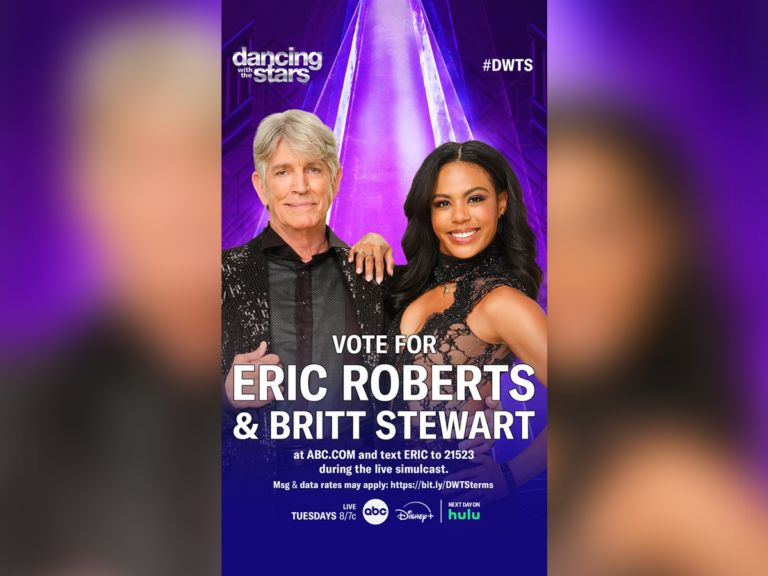 Photo courtesy of ABC.
Photo courtesy of ABC.Do you have a favorite role?
The Righteous Gemstones. It was an open audition. Eliza said, “Let’s audition for this.” We set up the scene like it was in the script, and we auditioned, we sent it in, and we got the role the next day. It’s ended up being my favorite job I have ever had. Who knew that was going to happen?
It was just a cool part that I took a shot at and got, and that’s my life. I love my life, and my wife comes from show business royalty herself, so she understands everything. Also, she’s smarter than I am, so I depend on her for everything. I made her the boss about 18, 20 years ago.
You mention in the book that there have been times when you’ve done three movies in a day, and you’re often working for a lot of days consecutively. How do you keep it all straight? It’s not like you’re a method actor.
I use method all the time. I use many techniques. Whatever works on that given day, for that scene, for that given role and also that given director. Some directors help, but some directors don’t. You have what you have. (Laughs)
As far as having different mindsets for different roles, when it’s been two or three parts in a single day, that’s just an appearance in the movie. It is not carrying the film. It’s a cameo. When I carry a film, I give it everything I’ve got, because that’s my job, and I want to leave everybody just blown away. That’s my goal every day, and it’s really fun because it’s a goal I can achieve every day. It’s so rewarding.
You also do a lot of work with new filmmakers, right?
These kids are not filmmakers, they are image makers. It’s very dramatic, it’s very moving, and it’s very different.
It’s not Who’s Afraid of Virginia Woolf, it’s a music video with dialogue. That’s what’s happening now. Movies go through transitions. That’ll change too, but that’s what’s going on right now.
We just saw the movie, Blink Twice, directed by Zoë Kravitz. She’s magnificent. She’s very different. You don’t expect what you’re going to see. She’s a hell of a filmmaker. I’ve seen everything, so I was pleasantly surprised. And, yeah, I want to work for her, if she’s listening. (Laughs)
What haven’t you done that you would still like to do?
There’s a role I want to play, and that’s Rudolf Nureyev after he stopped dancing.
There was a possibility of that becoming a biopic, so I did a lot of homework on him, and just fell in love with the character that I discovered. He was a wreck, but he was a positive, artistic wreck. He was homosexual at a time when it was not accepted. He was magnificent, and he was unique and he was brave.
What piece of advice would you give to young actors coming up?
There’s all kinds of advice to give and to take. There’s personal advice, professional advice, hygiene, there’s all kinds of stuff to give advice over. (Laughs) But the basic thing you must learn very early, that I didn’t, by the way, but you must, is you must treat everybody like they’re going to be your boss next week. Because they might be.
Treat everybody with respect and kindness. My wife taught me that. I just thought you had to keep to yourself and mind your own business, and she taught me it’s a double-sided job. You have to have the talent to back it up, but you have to make it comfortable for people to allow you to walk in the door. That’s half your job, and you gotta learn to do it.
It’s not necessarily fun, because you meet all kinds of egos, but it’s life, and you grin and bear it, because you get to have the best job in the world. Acting is the best job in the world.
Thinking about joining Casting Networks? Sign up for a free trial today!
You may also like:




